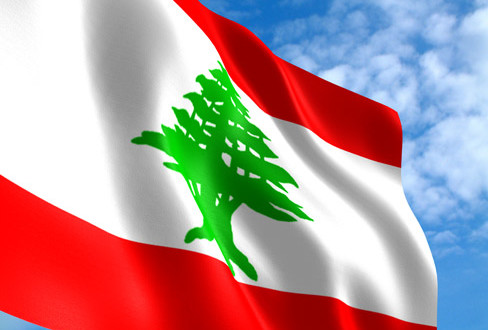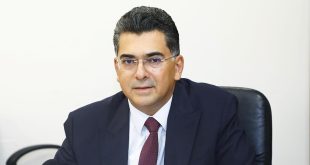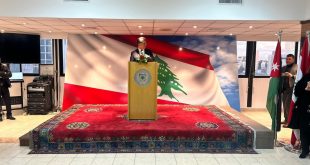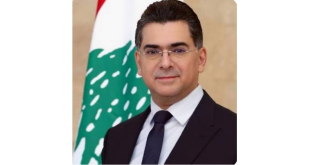Caretaker Information Minister, Dr. Manal Abdel Samad Najd, accepted an invitation by Houssam El-Dine Hariri High School’s fifth grade students and instructors, to a dialogue session over “the role of the media in shedding light on sign language for the deaf and dumb.”
In this context, Abdel Samad affirmed that the Information Ministry plays a significant role with respect to people having disabilities in general, and those with special needs in particular.
“As a Ministry of Information, we attach great importance to people with special needs, and take advantage of every opportunity to support them; and as a Ministry, we play a fundamental role in awareness campaigns, such as those on Coronavirus and vaccination which we have organized with the relevant official authorities, the World Health Organization (WHO), UNICEF and others,” the Minister said.
She outlined herein the Information Ministry’s launched campaign to raise media awareness about the dangers of the Coronavirus among the largest possible segment of residents in Lebanon and abroad, including those with special needs, and to emphasize utmost care for people’s health and the nation’s safety. She also referred to the Ministry’s released videos in this respect, some of which included sign language for the deaf and dumb, in cooperation with concerned associations and specialists, that were published on its website, as well as the websites of the National News Agency, the Lebanese Radio Channel, the Lebanese Studies and Publications Directorate and Lebanon TV.
Responding to a question, Abdel Samad referred to Law # 220/2000 that was passed in Lebanon, which gives full rights to people with special needs. “Unfortunately, it was not properly implemented, and Lebanon is one of the very few countries that did not ratify the United Nations Convention on the Rights of Persons with Disabilities for various reasons,” she explained, adding that efforts must be exerted to implement this agreement and develop a strategy to integrate it with a national plan for people with special needs, particularly with regards to the radio, television and the like.
Asked about the possibility of change and advancement in this respect, Abdel Samad acknowledged that there is definite room for change with the presence of a “solid will.” She added, “There are about 15 to 20% of society members with special needs, and if they are marginalized, this will directly affect about 60% of society…If the group of people with special needs is not properly integrated into the community, this will cause a burden on society, so it is necessary to start thinking seriously about this category and how to integrate it into society.”
“We always need constant change to develop our society at various levels, and to achieve justice and equality in rights and duties in order to advance our country and strengthen the principles of democracy in it, starting with the family and school, and far-reaching all our public and private institutions,” Abdel Samad underscored.
NNA
 Lebanese Ministry of Information
Lebanese Ministry of Information



